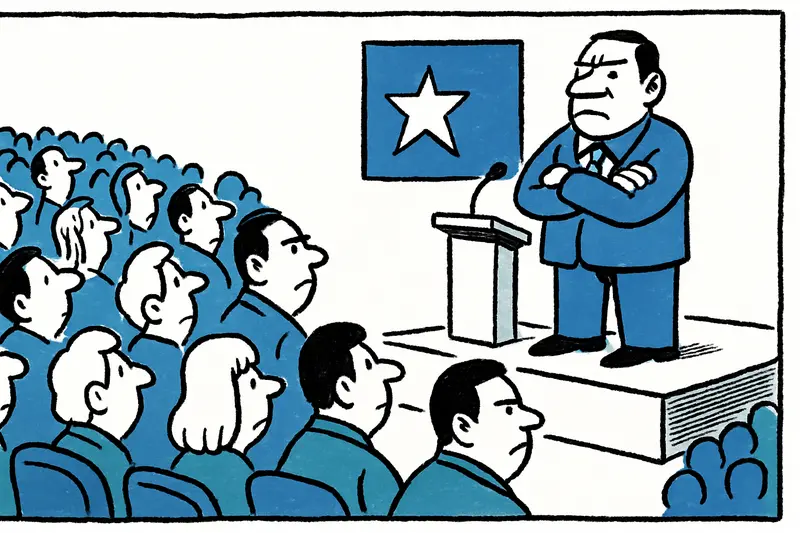On Tuesday evening the Congress Palace was filled to capacity: At the ninth El Económico Forum, all eyes were on the USA, China, and Europe’s role in a new power game.
Full house, serious topics: The El Económico Forum in Palma
On Tuesday, around 7:00 p.m., the main hall of the conference palace was unusually lively. I stood briefly in the foyer — coffee, doors, the clatter of voices — and thought: this won't be a cozy evening. The organizers were right: the ninth edition of the El Económico Economic Forum was sold out to the last seat.
An unusual start and clear messages
Antoni Riera, for many years a steady voice in the island's discussions, appeared this year via a video message from Brussels. For the first time in many years, he was not present in person; his core message was pragmatic: We live in unsettled times, economic growth must be adjusted to the limits of space and climate — a call that many in the audience nodded to in agreement.
Banks, technology and responsibility
Gonzalo Gortázar, at the helm of CaixaBank for more than a decade, spoke openly about productivity and digitization. What stuck: banks no longer see themselves only as financial service providers, but also as societal actors. In the break, one often heard the word sustainability, not as a buzzword, but as a demand on business models.
The big focus: USA vs China — and Europe?
The liveliest round was the discussion between former ambassadors Santiago Cabanas and Rafael Dezcallar, moderated by Ana Fuentes. Both painted a picture that cannot be captured in black and white: it is less about military confrontation than about technological supremacy — semiconductors, rare earths, networks. One attendee later summed it up: "It's a race for standards and chips, not a classic frontline."
Dezcallar warned that Beijing is catching up at a rapid pace and is already building a dominant position in certain key industries. Cabanas added pointedly that the USA also faces internal polarization and shrinking research investments — which opens gaps that other countries try to fill.
Europe between aspiration and action
What remains for us here in Europe? Both diplomats called for a more active response: not just words, but an economic mobilization of the internal market. In a brief closing round, local representatives pointed out how much such decisions ultimately affect our islands — infrastructure, research, and training must be considered.
At the end of the evening, Carmen Serra and Antoni Costa reminded us that the forum should be more than a stocktaking: it should provide impulses. Whether that is enough remains to be seen. I left the congress palace with the impression that many questions are still open — and that Palma must become a more frequent venue for such debates if the island is to have a say.
Similar News

Mallorca's service providers brace for a lean winter as businesses plan earlier closures
After a weaker summer, many restaurants, bars and shops on Mallorca expect lower off-season revenues. Higher levies and ...

Playa de Palma's Party Strip: Tourists Celebrate – Many Locals Struggle for Money
El Arenal is full of sun umbrellas and sangria, yet the district ranks among Palma's poorest areas. A look behind Playa ...

Palma's Metro to Son Espases Hospital Extended
Balearic Islands president Marga Prohens has announced that the Palma metro line will be extended to Son Espases Hospita...

Imserso sale starts: Senior trips to the Balearic Islands now bookable
From 9:00 AM retirees can book the Imserso trips to the Balearic Islands. Few places, new discounts — and pets allowed f...

When One Job Isn't Enough: Why Many in Mallorca Need Two or More Jobs
On Mallorca, many people take on multiple jobs to cope with rising rents and living costs. A look at reasons and consequ...
